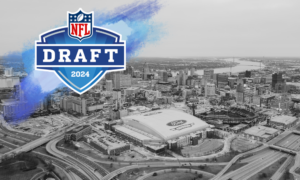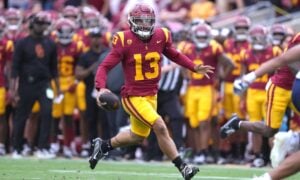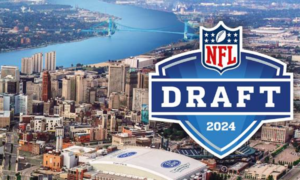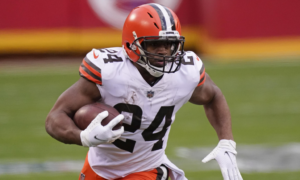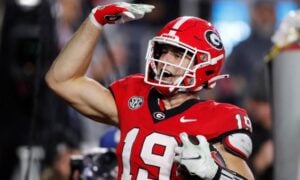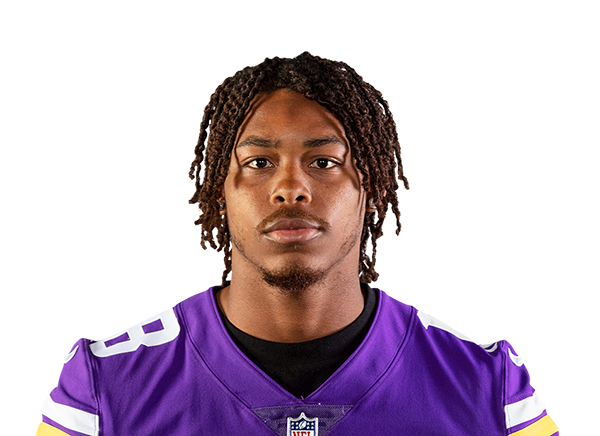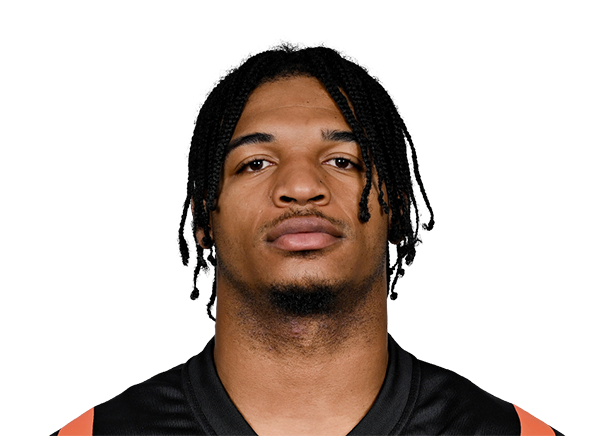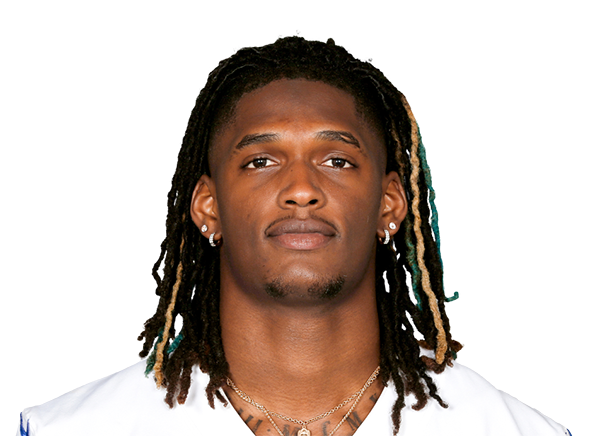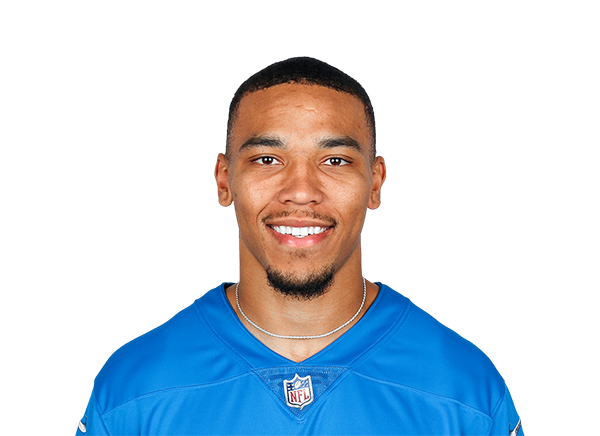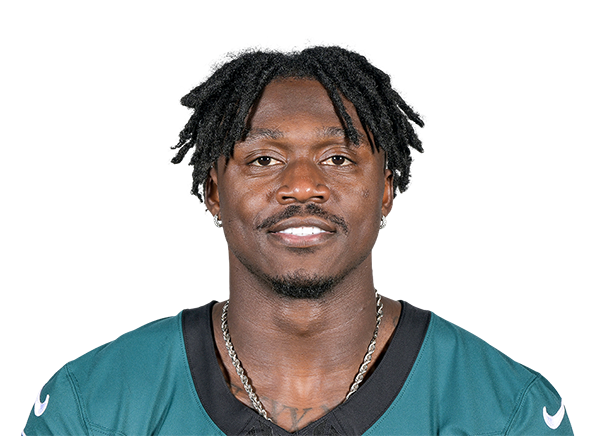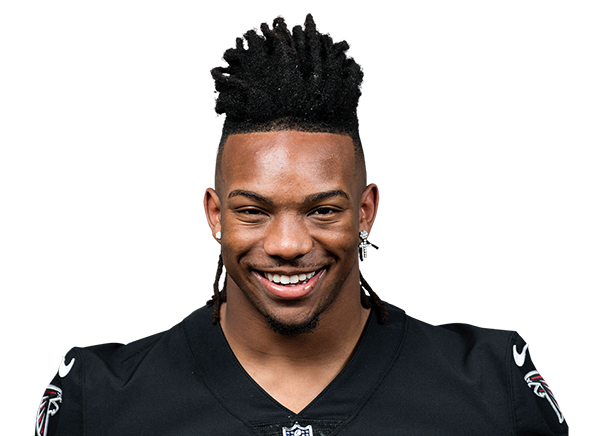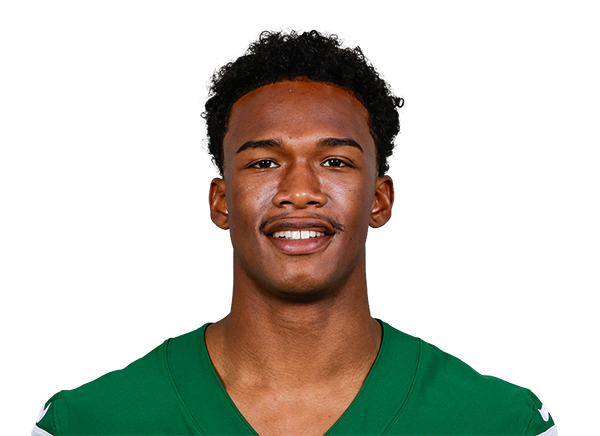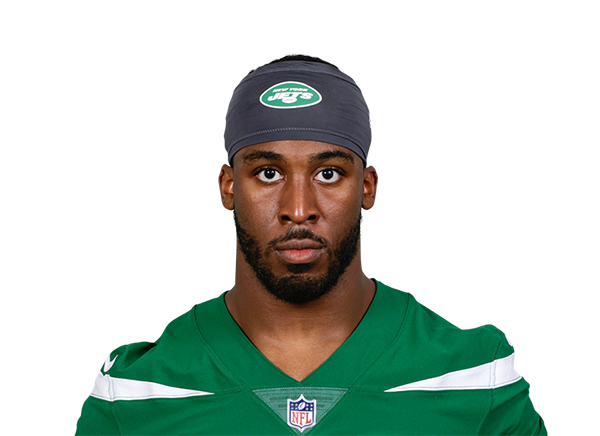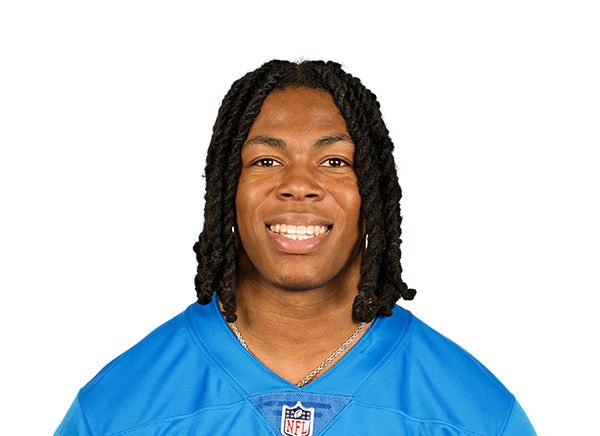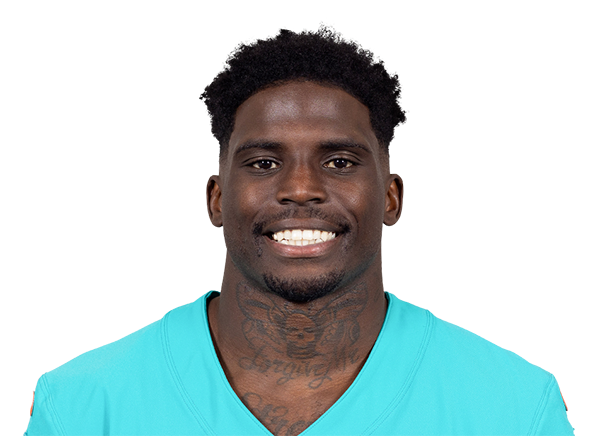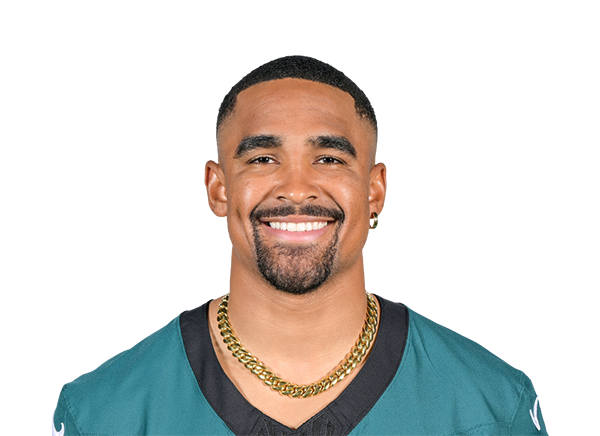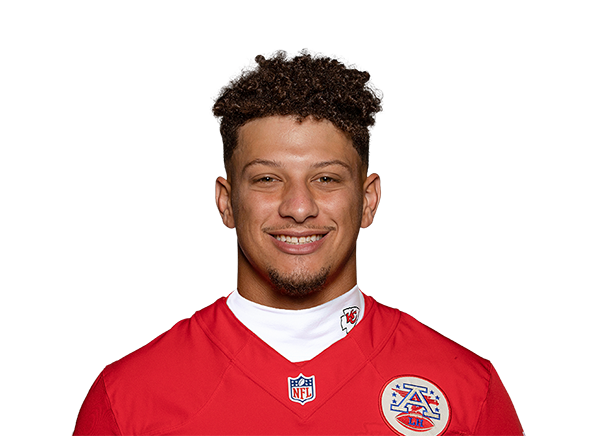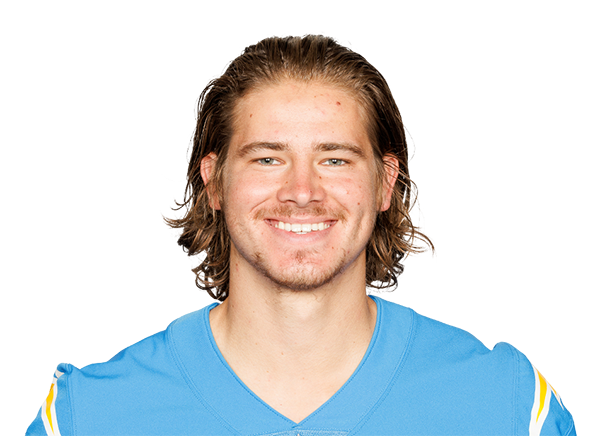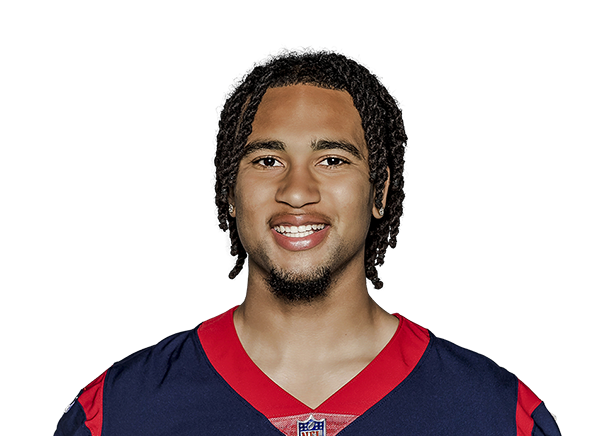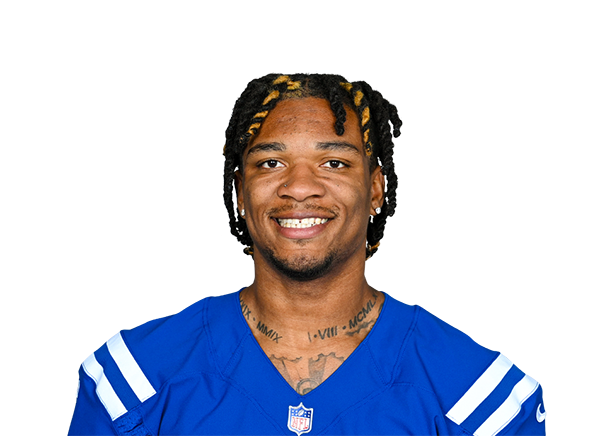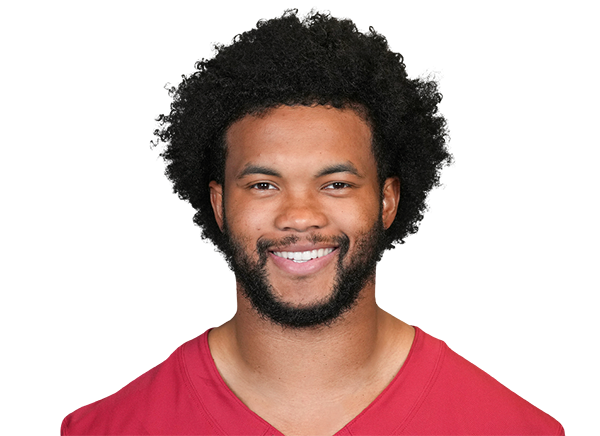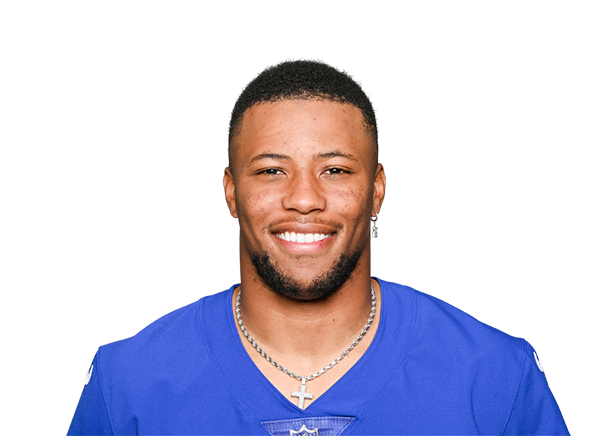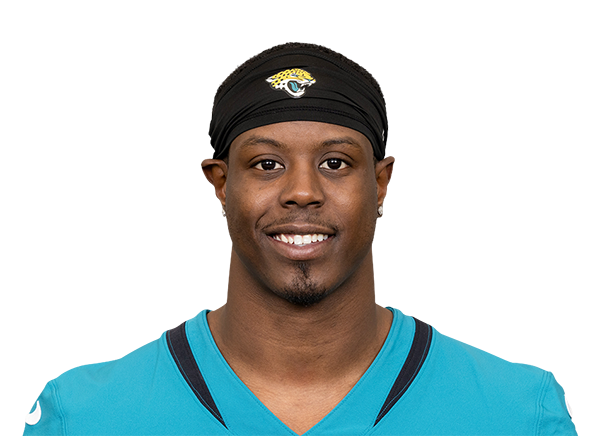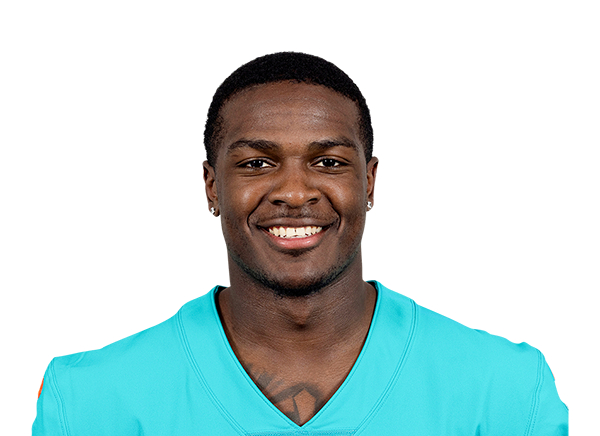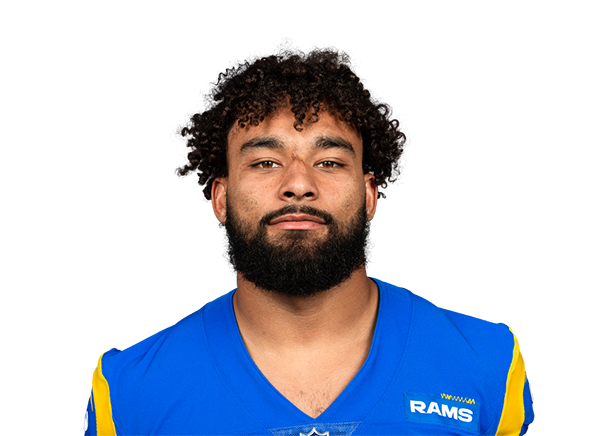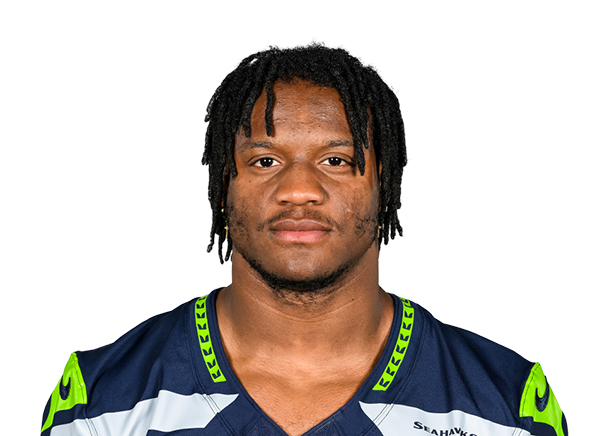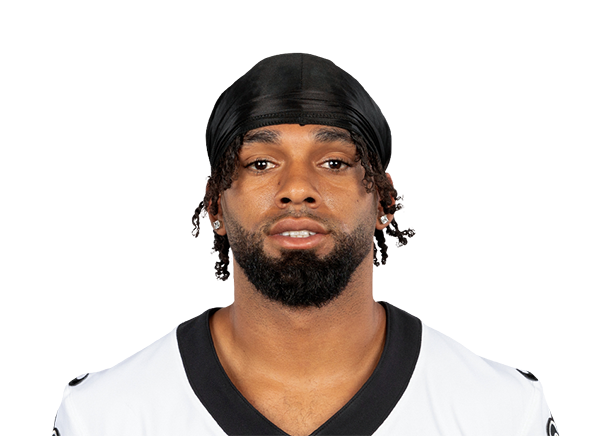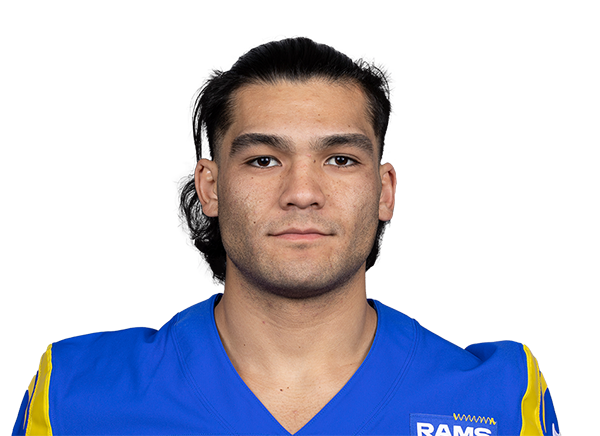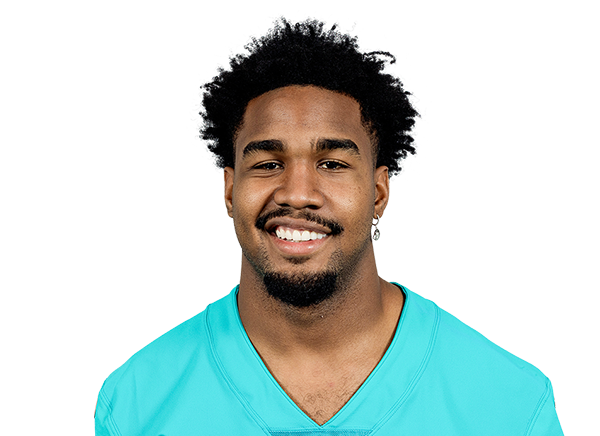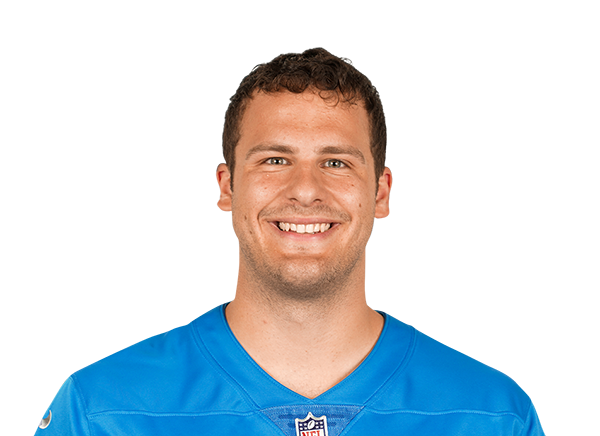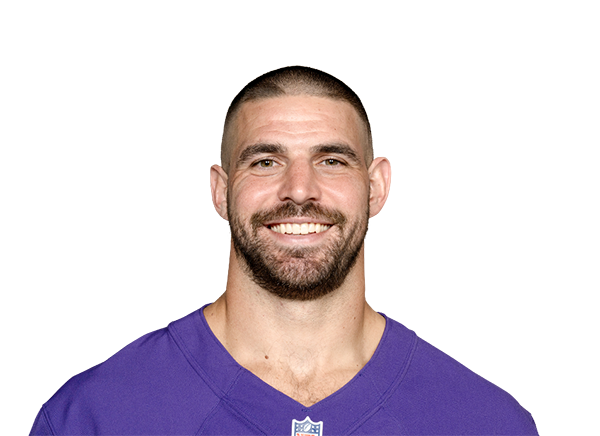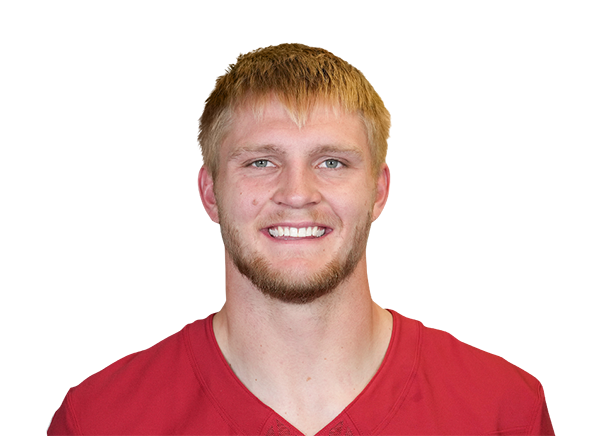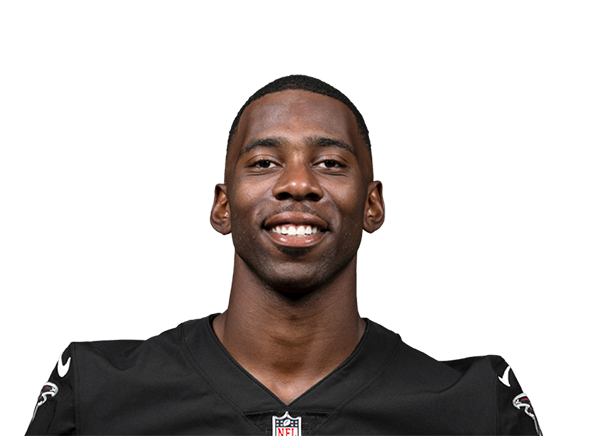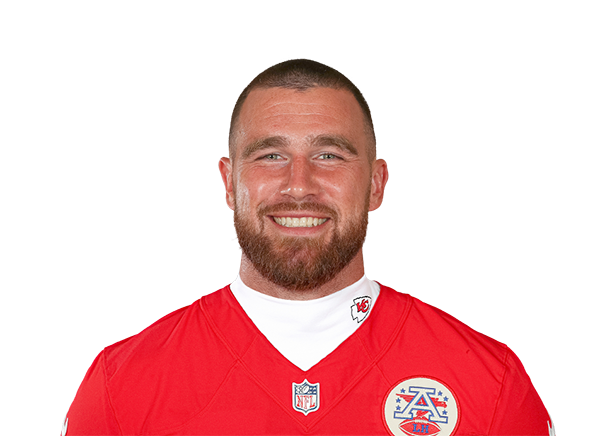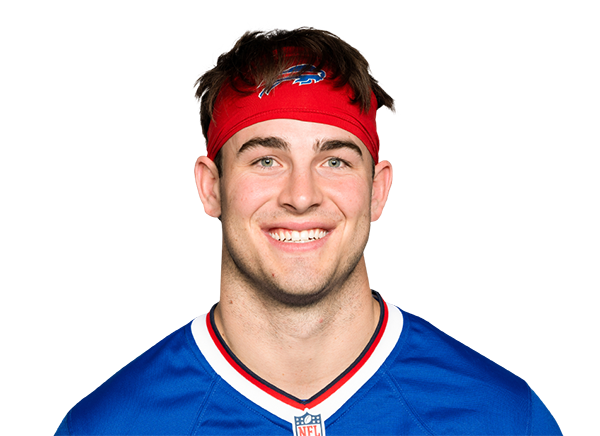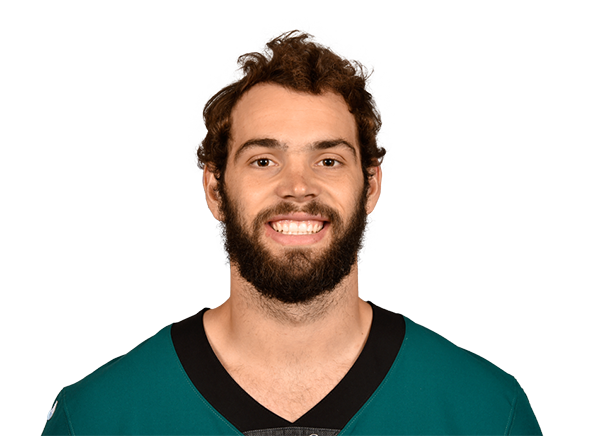The Gatecrashers – Running Backs (Part One)
Part of what makes fantasy football great is identifying breakout performers. In a dynasty setting the rewards is enhanced significantly by the luxury of then being able to hold onto said player for the duration of his career. If you can nab the next Antonio Brown for the cost of a few waiver wire bucks or a late draft pick, you’ve just performed a resounding roster upgrade simply by being vigilant while other owners were still waiting for more data points.
However, there exists a flip side of that coin. Many of these breakouts will wind up as one-hit wonders (Steve Slaton says hi), leaving you with nothing more than some temporary production and a bitter taste in your mouth when you were counting on them as core components of your team moving forward. Knowing when to cash out on a player who gained a significant amount of value is every bit as important as identifying him in the first place.
As always, 2016 was no different in providing us with several of these “gatecrashers.” After combing through the PPR Top-50 lists, I’ve created lists of players who, to varying degrees, came out of nowhere to crash the fantasy party. From here, it’s time to determine how they should be valued moving forward.
I got started with the wide receivers, and now let’s continue with the running backs!
Ezekiel Elliott, RB DAL (PPR WR2, ADP = 4.0)
In the sense that I didn’t buy into the type of immediate viability Elliott would offer up, I could definitely have been classified as a “hater” of his value. But after finishing as the PPR RB2, it’s impossible to mount any sort of retroactive defense. Zeke did what he was supposed to do, and then some. Though he’s checking in with a higher ADP than both David Johnson and Le’Veon Bell, I have no problem with grabbing an elite young running back this early. This one’s easy.
Verdict: Hold, and enjoy the ride.
Melvin Gordon, RB SD (PPR RB7, ADP = 20.8)
[am4show have=’g1;’ guest_error=’sub_message’ user_error=’sub_message’ ]
With the exception of the otherworldly Bell, no other ball carrier did more in less time than Gordon. In fact, the next closest running back who played 13 games or fewer was Carlos Hyde, way down at RB18. Gordon has his warts, but it’s fair to remember that San Diego, some crazy how, is one of the most injury-riddled offensive teams every season. If all the playmakers return, this is a dynamic offense that will be hard to stop. Danny Woodhead could come back and take a chunk of the passing game work, which could cap Gordon’s ceiling (he had 94.9 PPR points through the air), but it’s clear the Chargers are committed to their young, work-horse running back.
Verdict: At the end of the second round, Gordon is a nice hedge if you don’t get one of the top guys. There’s no reason to sell.
LeGarrette Blount, RB NE (PPR RB9, ADP = 114.3)
While Blount has always been a good running back, he was never previously able to sequester this type of usage and red zone work. In fact, this is only his second 1,000-yard season, and his best fantasy season since his rookie year. The carries and touchdowns scream regression, especially with the return of Dion Lewis. But with an ADP of 114.3, what’s not to like here? Blount is one of Bill Belichick’s “guys,” and will probably be back in New England. He more than likely won’t function as an RB1 again, especially with his lack of usage in the passing game, but this is a palatable cost for someone who will likely accrue 200-ish touches in the league’s best offense.
Verdict: No one is going to give you much, so once again Blount is a hold. His value should increase during the regular season.
Jordan Howard, RB CHI (PPR RB10, ADP = 33.0)
Fantasy owners are an interesting bunch. Despite not receiving a starter’s workload until October, Howard nonetheless had the second most rushing yards in the league behind only Elliott. The market has corrected, propping him up to the status of a late third round pick. But my question is as follows – is that even high enough? It’s probably because he was a real-life fifth round pick, but this doesn’t seem like enough of an overcorrection to me. Howard was one of the best running backs in the league as a rookie, on one of the NFL’s worst offenses. He was much better than a guy like Gordon was as a rookie, and arguably better than Todd Gurley was as a freshman as well. There’s always the question as to whether a late round afterthought can be replaced in an upcoming draft, but I think Howard showed more than enough for me to believe his price right now represents a bargain.
Verdict: Buy before his value rightfully increases.
Jay Ajayi, RB MIA (PPR RB11, ADP = 28.7)
Though the gap is marginal, I’m a bit surprised Ajayi is going ahead of Howard. Once again we have the case of a player who did virtually nothing as a rookie take a second year leap, which for some reason is being valued more highly than an impressive rookie season. Even more interesting is that Ajayi wasn’t highly drafted in his own right, leading me to believe there’s a bit of ego involved given the grassroots campaign asserting he was better than his draft status. Well, obviously that’s true – Ajayi answered the bell in 2016, to the tune of a whopping three 200-yard games. But what’s troubling to me is that, outside of those contests, Ajayi only eclipsed 100 yards one other time, and was held under 80 yards in every other game (including the playoffs). He was held below 60 yards nine times. Most shockingly, though, he has yet to show the type of pass-catching prowess he displayed in college, making his floor decidedly low. I like Ajayi, but I’m not comfortable taking him where he’s at.
Verdict: Sell straight up for Howard in a heartbeat, and cash out if someone is willing to pay RB1 prices.
Isaiah Crowell, RB CLE (PPR RB14, ADP = 92.0)
I remember when the early season debate as to whether or not Crowell would finish as a 2016 PPR RB1 was laughably one-sided in favor of “snowball’s chance in hell.” And while technically that would hold true, Crowell came pretty darn close. The Browns fielded arguably the worst offense in the league, and yes, as such there was a certain element of garbage time production to Crowell’s final line – but owners who reaped the benefits of his 1,250+ total yards aren’t complaining. The Browns should get better, and Crowell is clearly the preferred option in the backfield (even if Duke Johnson is still regarded by some as the better dynasty stash) – even if 2016 represents his ceiling, he’s yet another cost-effective ball carrier.
Verdict: Make a move on him during your league’s rookie draft, when he could likely be had for a late second round pick.
Spencer Ware, RB KC (PPR RB16, ADP = 50.3)
You can find my thoughts about Ware here.
Verdict: Best suited as a timeshare guy, there’s no way I’m paying RB1 prices. Sell.
Bilal Powell, RB NYJ (PPR RB17, ADP = 111.2)
Akin to Blount above, Powell will move to a likely timeshare in 2017 with veteran Matt Forte. But unlike Blount, Powell’s role in the passing game should lead to more consistent success. As the RB35 according to the ADP, the production will likely outweigh the cost.
Verdict: The chance he won’t reclaim anything near a starter’s role is already baked into his price. Buy.
Tevin Coleman, RB ATL (PPR RB20, ADP = 63.0)
There are many instances when football, both fantasy and real life, is a zero-sum game. For example, if Falcons star running back Devonta Freeman gets a carry or a reception, Coleman doesn’t get that carry or reception. However, that doesn’t change the fact that both Freeman and Coleman are incredibly talented, and both were able to function as top-20 ball carriers on the year. Freeman was clearly the 1a, with 17.6 touches per game compared to 11.5 for Coleman. But both functioned in the passing game (54 receptions for Freeman and 31 for Coleman), and both averaged over 4.4 YPC, showing that they each have dynamic skill in similar ways, as opposed to functioning as complementary pieces. Given his youth, skill, and palatable ADP, I’m content buying Coleman at cost right now, with the potential for an explosion if Freeman were to leave come 2018.
Verdict: His downside is built into his cost, but there’s room for even more upside if Freeman doesn’t re-sign with Atlanta after 2017.
[/am4show]
- Dynasty Fantasy Football Mailbag: Justin Jefferson Or A Bundle Of Draft Picks? - April 23, 2024
- Dynasty Fantasy Football Mailbag: Is Kendre Miller Valued Unfairly? - April 17, 2024
- Forgotten Dynasty Veterans: Bottom Tier - April 9, 2024






